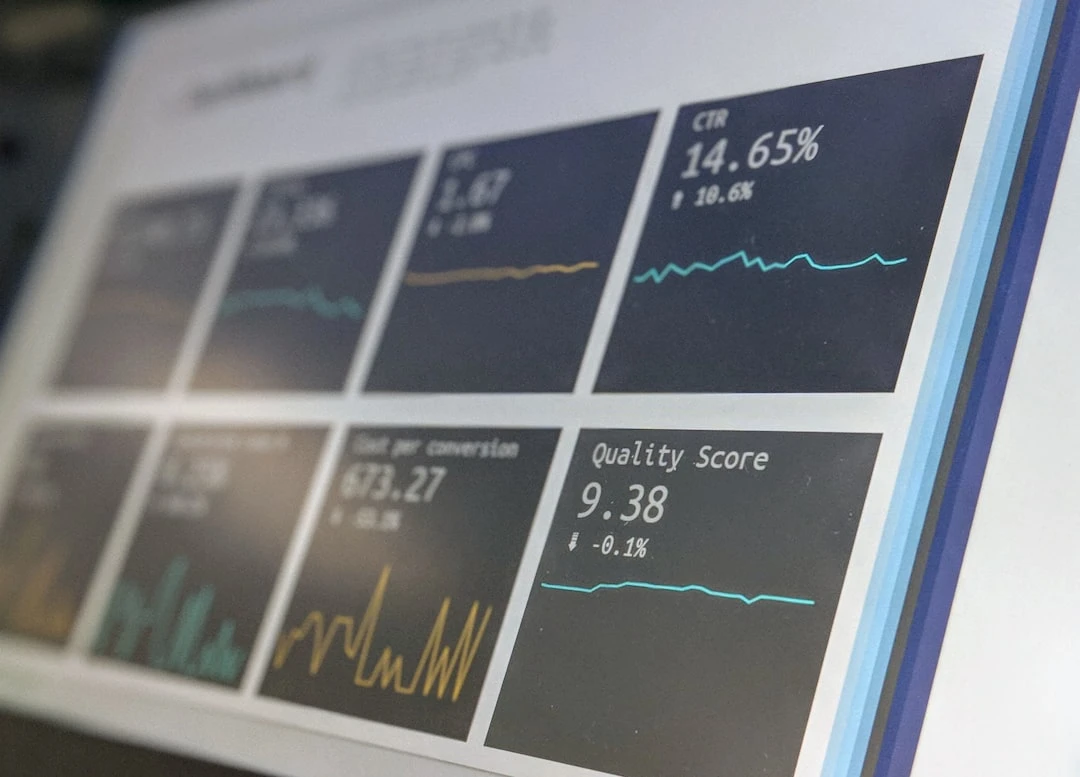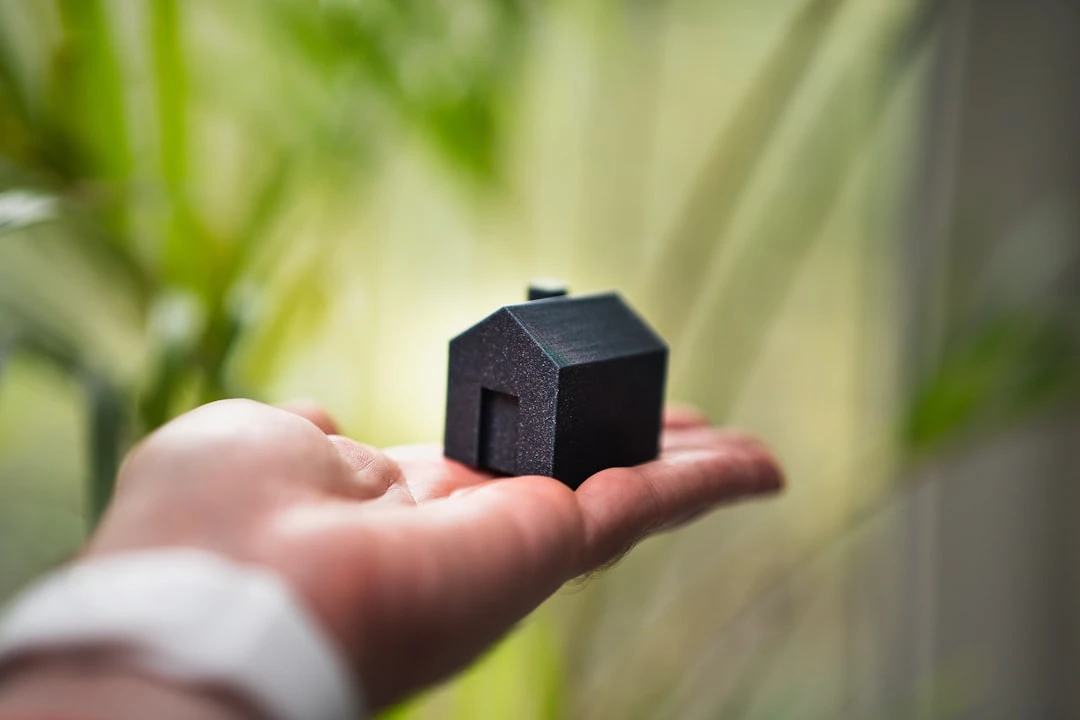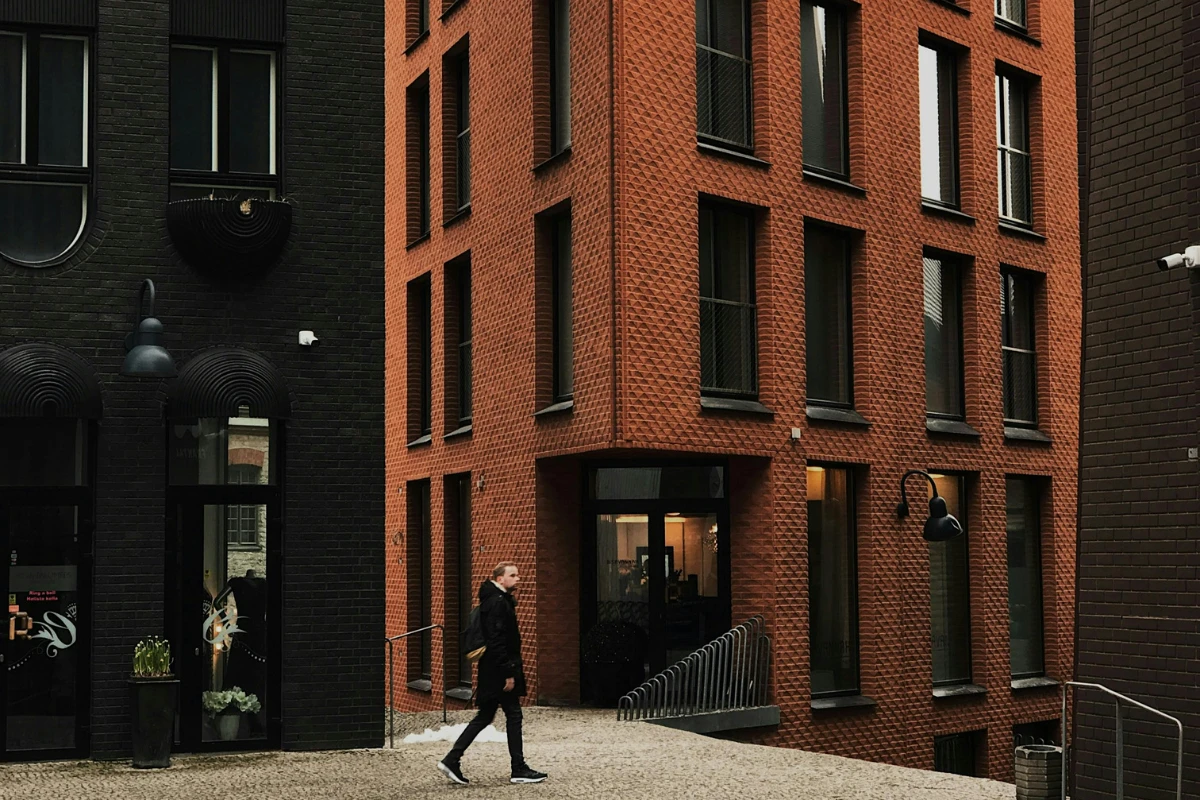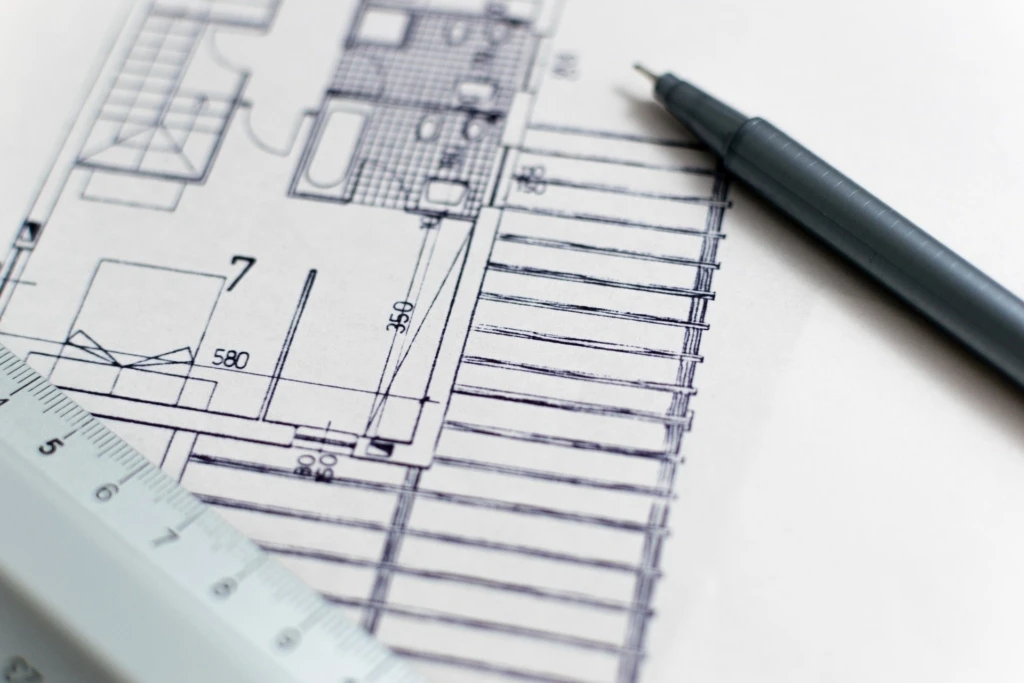What Increases an Apartment's Value?
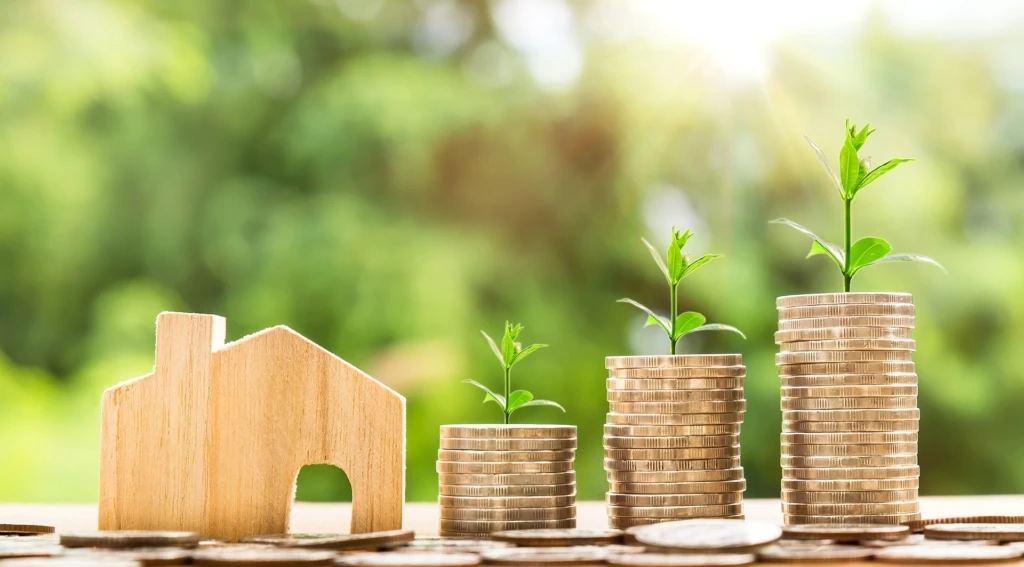
All brokers, appraisers, and clients face an important question on a daily basis: which nuances increase the value of an apartment when selling it?
Brokers often provide clients with an initial free valuation when they are considering selling their home. The entire residential property is reviewed, its history is investigated, photographs are taken with the client's permission, and then a qualified appraiser is consulted who determines the true value of the apartment. Appraisers do very precise and respected work. They have an overview of all transactions that have taken place, which allows them to appraise very accurately – so that the client can get a fair price for their property without making concessions. Unfortunately, appraisers cannot always fulfill the big dreams of real estate owners; rather, they help bring clients back down to earth.
Often brokers face one problem – clients point out beautiful handmade furniture or trendy design elements that decorate their home and ask how much these add to the apartment's price. Unfortunately, appraisers cannot factor any loose furniture set into the apartment's market value. Only fixed furniture is taken into account, that is, kitchen furniture and built-in wardrobes with sliding doors. Appraisers cannot account for loose furniture precisely because banks do not finance the purchase of furniture with home loans. This is also logical: since the purchased real estate remains as collateral for the loan, the bank cannot be sure that some coffee table or shelf will not "walk away" after the loan is received. At the same time, it is essentially impossible to determine the market value of furniture left in the apartment. If someone wishes to sell their home together with furniture, the buyers must pay for the furniture with their own funds.
Together with Arco Vara appraiser Kevin Kaldma, we highlight the most important factors that increase an apartment's value when compared to similar residential properties in the same area with the same layout and condition.

Location, location, location!
An apartment's value is increased by proximity to water, proximity to social facilities (schools, kindergartens, shops and public transport stops), the condition of surrounding roads, etc. Location within a building is valued, for example, in townhouses, where privacy plays a role. Ground floor units are valued somewhat higher precisely due to privacy and a larger plot. Broadly speaking, it can also be said that the closer you move toward the city center, the higher the prices go.
Balcony
The presence of a balcony certainly increases the value of an apartment. The larger the balcony, the better.
Cleanliness and fresh appearance
The fresher the renovation, the cleaner and more presentable the apartment, the more points it receives.
Quality finishing materials
Appraisers pay attention to all details, for example, whether the floors are covered with wood or laminate parquet, whether the windows have double or triple-glazed packages, whether interior doors are made of wood or are inexpensive paper smooth veneers.
Heating system
Central heating or apartment-specific gas boilers are more valued and comfortable heating systems than, for example, tile stove heating or electric heating.
Floor level
Apartments located on the first floor are generally valued lower, as are apartments located on the last floor of five-story buildings without elevators. However, in a building with an elevator, a location on the top floor can actually increase market value thanks to better views.
Parking space
The number of parking spaces near an apartment building is important. If there are fewer parking spaces than apartments, it means that after a long workday it may be difficult to find a parking space in front of the building and you may have to park much farther from your home. The presence of a dedicated notarially confirmed parking space significantly increases the apartment's market value.
Storage space
The presence of storage space also adds value. Storage space should be either based on a notarial usage agreement or as a separate property right. If the possibility of using storage space is based on a verbal agreement with the condominium association, appraisers cannot factor it into the apartment's value with future considerations in mind. After all, one cannot know what thoughts the condominium association may have regarding this storage space.
Condition of the apartment building
The condition of insulation, external facade, roof, electrical wiring, heating system, etc. all matter. When comparing identical apartments in adjacent apartment buildings, the more expensive one is certainly the one located in a renovated building.
Article source: Arco Vara

